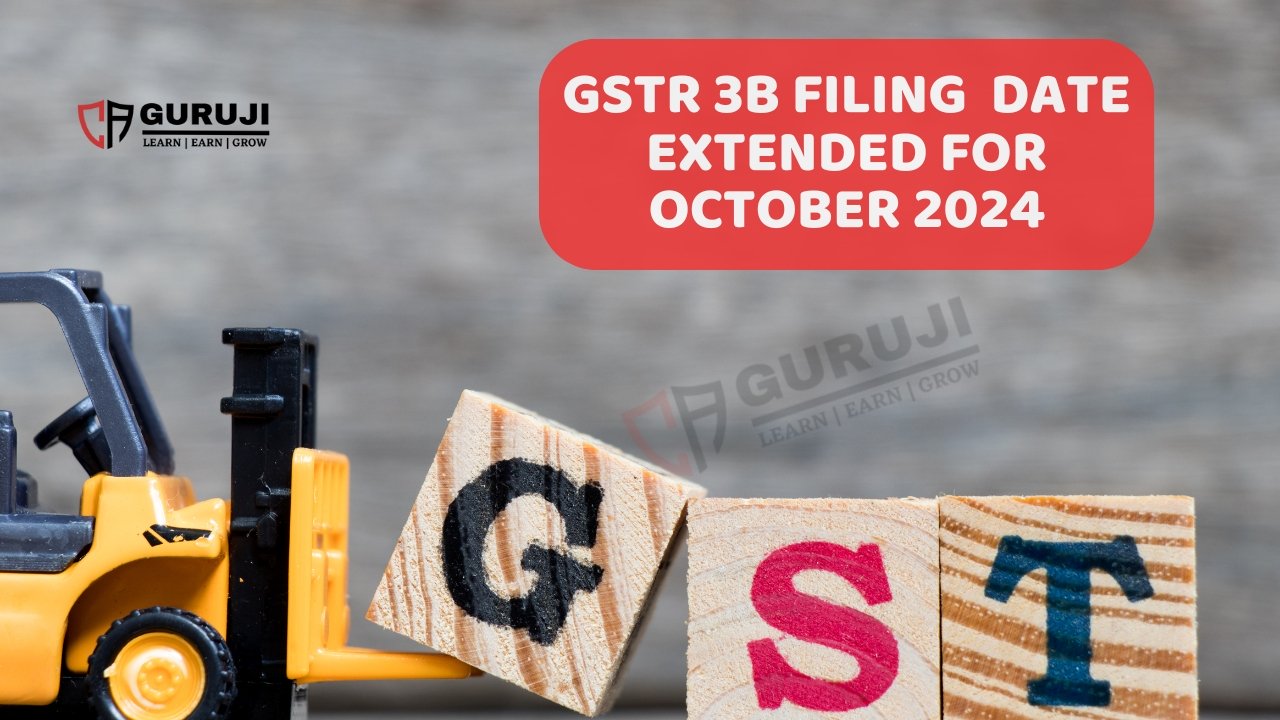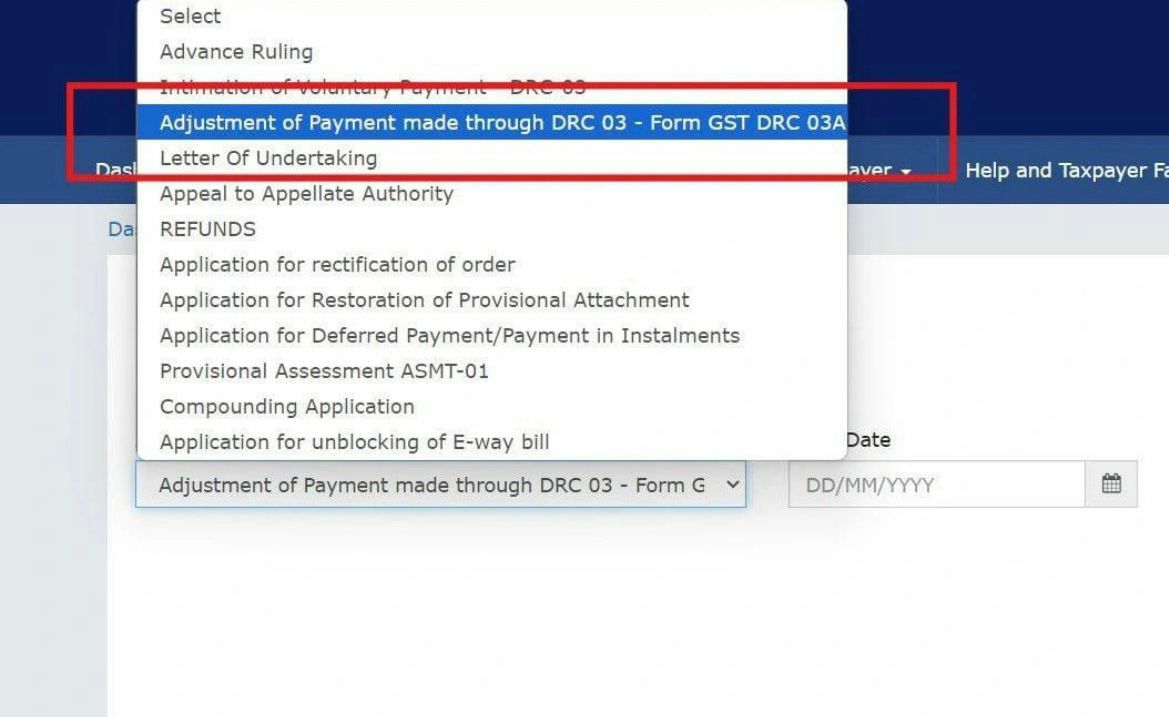A foreign national applied for an Overseas Citizen of India (OCI) card based on her marriage to an Indian citizen, but her application was rejected as her estranged husband was not present.
While her petition was upheld by the Delhi High Court, the Supreme Court ruled that the Indian spouse’s physical or virtual presence was mandatory under Section 7-A(d) of the Citizenship Act, 1955. The Visa Manual, 2021, also requires the Indian spouse’s presence during the interview to verify the marriage.
Let’s explore what the OCI status means, the investments OCIs can make in India, and how they are taxed.
“An OCI refers to an individual resident outside India who is registered as an OCI cardholder under Section 7(A) of the Citizenship Act, 1955. It is a form of residency status granted to people of Indian origin who have obtained citizenship in another country,” says Experts
Media reports show a record 225,620 Indian citizens renounced their citizenship for foreign ones in 2022. The OCI card is vital for these individuals. “They receive a multi-purpose, multiple-entry, lifelong visa for visiting India. They are exempt from registering with local police, regardless of the length of their stay, and enjoy parity with NRIs in economic, financial, and educational matters, except for acquiring agricultural or plantation properties,” explains Experts
Investment: On a par with NRIs
OCIs have the same investment opportunities as NRIs. They can invest in real estate (except agricultural properties), mutual funds, portfolio management services, alternative investment funds, insurance, term deposits, bonds, and businesses (these funds are usually non-repatriable). They can also open a Tier-I National Pension System (NPS) account but are ineligible for the Tier-II account.
“While OCIs can invest in various securities, there are specific limits and conditions that must be adhered to, especially concerning equity investments in listed companies,” says Experts
OCIs can also take the GIFT City route. “If they invest through companies based in GIFT City, they get special repatriation provisions,” says Experts
Taxation of OCIs
An OCI’s income tax is determined by their residential status under the Income-Tax Act, 1961. An OCI is considered a resident if they meet one of two conditions: staying in India for over 182 days in the previous financial year, or staying in India for 365 days over the last four years and at least 60 days in the previous financial year.
If an OCI is classified as a resident under these criteria, their global income will be taxed in India. “Any earnings, regardless of location, will be subject to Indian income tax,” says Experts
If classified as a non-resident, their taxation is different. “Income earned in India is taxable, while income earned outside India is not,” says experts
Apply with care
When applying for the OCI card, it is important to avoid mistakes, as this can lead to delays or even rejection. Ensure the application is complete, includes a valid passport, and is backed by the correct supporting documents. Follow photo-related specifications, pay the correct fees, and make sure you meet the eligibility criteria. “Submit to the correct centre through trackable postal services, monitor timelines, update your details if they change, and keep your acknowledgment receipt,” says Experts
Who is eligible for OCI status
1. Foreign nationals who were Indian citizens on or after January 26, 1950
2. Foreign nationals eligible for Indian citizenship on January 26, 1950
3. Foreign nationals from territories that became part of India after August 15, 1947
4. Foreign nationals who are children, grandchildren, or great-grandchildren of Indian citizens
5. Minor children of the above individuals
6. Minor children whose one or both parents are Indian citizens
7. Foreign spouses of Indian citizens or OCI cardholders, with a registered marriage lasting at least two years before applying
Visit www.cagurujiclasses.com for practical courses











